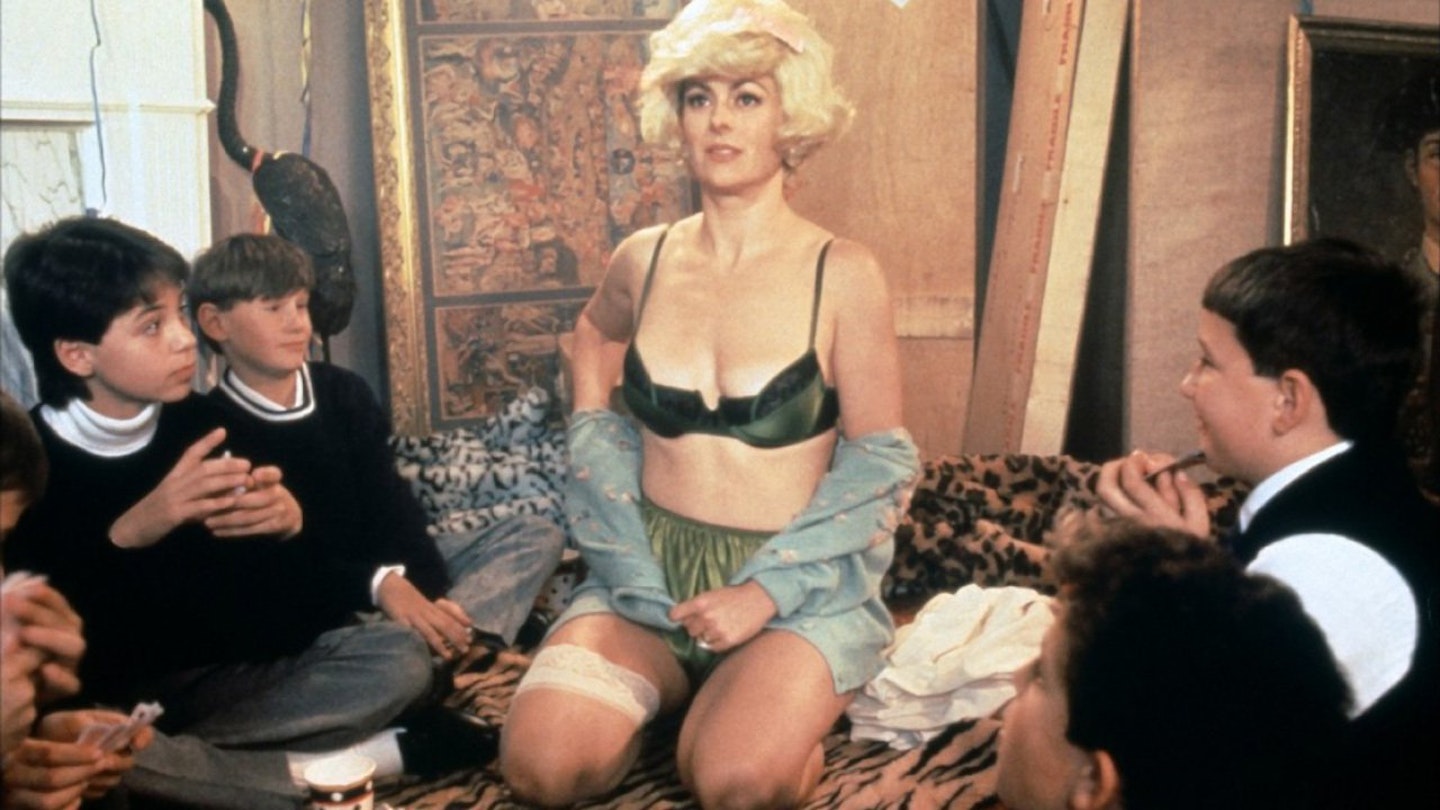A man gets up in the middle of the night and drives to the scene of a fire. A group of men and women sit in a darkened theatre taking notes on violent sex films. A chic woman sits next to a sobbing drunk on the subway and, laughing, pushes his hand up her skirt. Such are the kinds of surprising, tantalisingly seductive and apparently disparate images with which director egoyan, in characteristically self-conscious fashion, draws the viewer into his film, a surreally dark comedy in which nothing seems to make sense and nobody is quite what they seem.
Understandably already drawing favourable comparisons with a young DeNiro, Noah Render (Koteas) plays the insurance loss adjuster who specialises in arson cases; his wife, Hera (Khanjian, an Egoyan regular), is a film censor who spends her days watching endless reels of pornography. Both live with their daughter and Hera's sister Seta in a show house, one of four otherwise empty mansions on the bleakly beautiful wastes of an abandoned housing estate. But appearances are deceptive - in his role as loss adjuster, Noah becomes a father-confessor figure to his clients and their insurance malpractices, meteing out forgiveness and comfort in return for sexual favours; Hera secretly records the films she is meant to be controlling for her sister's own pleasure. When Bubba and Mimi (Chaykin and Rose, respectively the wino and his seducer), a wealthy couple who enact elaborate sexual fantasies, decide to play out the last of their tableau in the Renders' model home, the characters are set on a collision course in which appearance and reality become dangerously blurred.
Indeed, so packed with mysterious motives, mythical imagery and Orwellian undercurrents is The Adjuster that it could easily have slipped into cinematic chaos but for the careful control and assured direction exercised by Egoyan over the events, cast and dialogue which make up this richly-weined whole. Little surprise that the film - Egoyan's fourth and most accessible after Next Of Kin, Family Viewing and Speaking Parts - won its young Canadian director Best Film at the Toronto Festival of Festivals last year; it is utterly compelling, a visual treat and, above all, intelligent.
